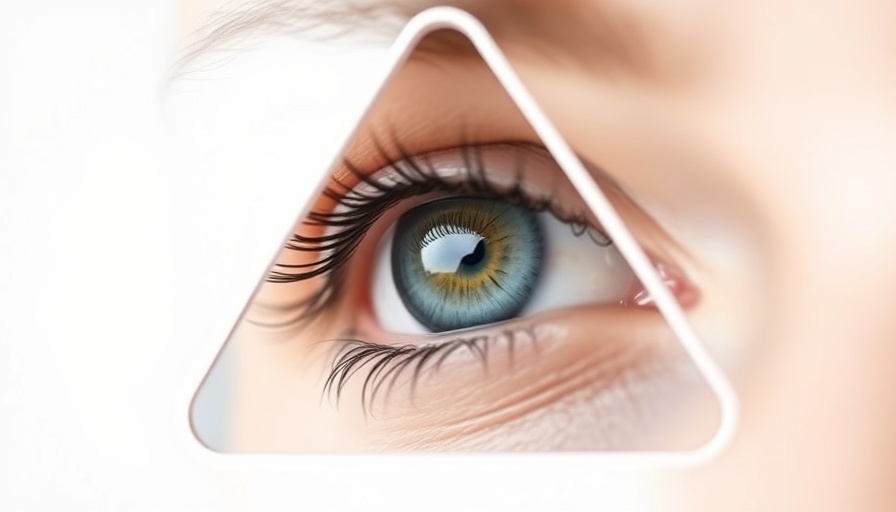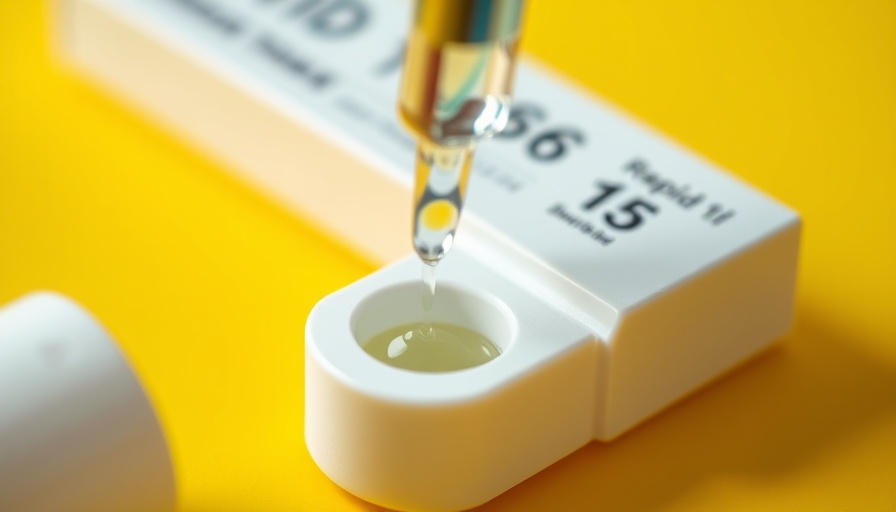
Understanding the Causes of Dry Eyes: More Common Than You Think
For many adults, dry eyes can be more than just a fleeting inconvenience; they can signal underlying health issues. Studies reveal that hormonal changes greatly impact dry eye symptoms. After menopause, the notable drop in estrogen levels can lead to decreased tear production, as highlighted by Ashley Brissette, MD, an ophthalmology expert at Weill Cornell Medicine. This hormonal shift not only affects tear secretion but also elevates tear evaporation, intensifying discomfort.
Contributing Factors Beyond Hormones
While hormonal changes are significant, other factors play a pivotal role in the prevalence of dry eyes:
1. Meibomian Gland Dysfunction (MGD): Often underestimated, MGD can dramatically impact eye health. The meibomian glands produce oils crucial for maintaining tear film stability. When these glands malfunction due to inflammation, often tied to a condition known as blepharitis, it can lead to dry eye disease. If you're experiencing discomfort, consider discussing this with your healthcare provider, who may recommend in-office treatments or simple lifestyle changes, like warm compresses.
2. Vitamin D Deficiency: Living in regions with limited sunlight can hinder vitamin D production, leading to deficiency. Recent findings published in the International Journal of Molecular Sciences indicate that vitamin D is vital for eye health, reducing inflammation and improving tear quality. If you suspect a deficiency, ask your doctor about a blood test.
3. The Impact of Contact Lenses: For many, contact lenses provide a convenient vision solution. However, they can disrupt natural eye lubrication processes, potentially leading to dry irritation. Discontinuing lens wear temporarily may give your eyes a chance to recover.
4. Aging and Its Effects: As we age, eye health often declines. Individuals over the age of 60 may experience increased dryness due to natural changes in the body and reduced gland function.
Exploring Treatment Options
Fortunately, there are various ways to manage dry eyes:
1. Over-the-Counter Solutions: Artificial tears can offer immediate relief from dryness, rehydrating the eye surface effectively.
2. Prescription Medications: If OTC solutions aren't effective, your doctor may prescribe medications that help increase your eyes' natural tears production.
3. Lifestyle Adjustments: Consider implementing changes in your daily routine. Hydration, managing screen time, and ensuring proper air humidity can play significant roles in reducing symptoms.
4. Advanced Treatments: In some cases, moisture-sealing punctal plugs can be inserted into the tear ducts, trapping moisture in the eyes for longer periods.
Future Predictive Trends in Eye Health
The growing emphasis on eye health will likely usher in innovative treatments and preventive measures. Research into personalized medicine could lead to tailored therapies addressing individual hormonal and lifestyle factors influencing dry eyes. Meanwhile, increased public awareness and education about eye health will empower more individuals to seek timely care.
The Emotional Toll of Dry Eyes
Dealing with chronic dry eyes can affect more than just physical comfort; it can take an emotional toll too. The constant annoyance or pain can affect quality of life and lead to frustration and anxiety. Understanding your body’s signals and addressing them proactively can facilitate long-term relief, enhancing overall well-being.
Call to Action
If you are suffering from dry eyes, don't hesitate to consult with a healthcare professional. Early intervention and appropriate management can significantly improve your comfort and well-being. Understanding the condition and its causes is the first step towards effective treatment. Seek help today for a clearer, more comfortable tomorrow.
 Add Row
Add Row  Add Element
Add Element 



 Add Row
Add Row  Add
Add 


Write A Comment